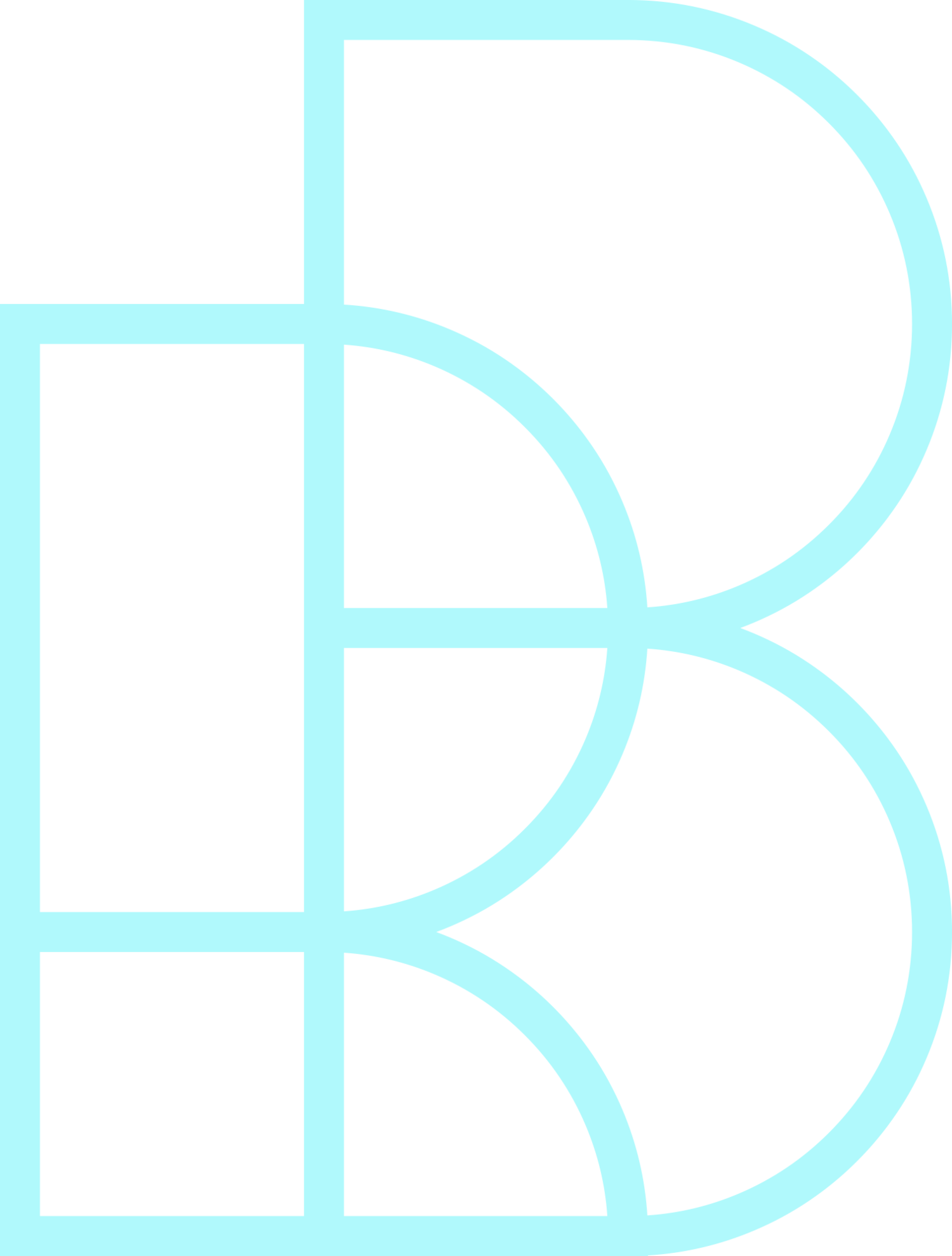Guest Blog from Tim Gillespie
I just took a new job. I moved from pastoral ministry into Community Health Development at Loma Linda University Health. I now work as their Liaison between faith communities and our healthcare institutions. It's a great job, but the learning curve has been steep.
Having worked now for about 9 months I have gained a great deal, and I am embarrassed at both my earlier ignorance, and astounded at the information that is out there in regards to population health, personal health, and the healthcare industry. I'd like to talk about those three.
Population Health.
Tim
It basically means the health of groups of people. Different groups have different characteristics. The thing is, there are some pretty specific social determinants of health. Things such as education, economic status, environment, access to care, and even the availability of healthy food, just to name a few. All of these things play into what it is to make a healthy person, and a healthy population. For example, most of us don't know the retail food index for our area (the percentage of healthy food to unhealthy food retailers), and why would we? I had never thought about it before my change in career. Likewise health means something very different to each of us, not to mention what it means when you include the affordability and access many do not have to healthcare.
In San Diego everyone seems healthy. And truly, it is one of the United State's healthiest cities. Can the same be said of where you live? What is the health status of your city? Look around, this will begin to give you an idea. Individual health aggregated becomes population health. If your city doesn't care about the health of it's citizens, even down to things like the built environment (Walking paths, parks, access to health food) then perhaps it is time you get politically active.
Personal Health.
This is on you. These are the choices that you make everyday. And the truth is, it starts at the elbow! What you bend toward your mouth makes a difference. A HUGE difference in how healthy you are. Take the time to make a food log for a week. You might be startled at the things you have put into your body. Does that latte really need to be whole milk? Does that soda need to be present at every meal? Little changes add up to large impacts on your caloric intake. And while this is probably a bit un-PC to say, carrying too much weight usually leads to co-morbidities in your disease cycle. Heart disease rarely happens alone. Type-2 diabetes is essentially reversible. All these things can be changed with a change in diet. But don't get me wrong; I don't think it's easy it hasn't been for me. However, watching my 43-year-old friend have a serious heart attack has helped me realize the need to continue on the right track.
Now, can you get healthy food? Can you afford it? Do you know what to do with it once you get it? These are appropriate questions, and they need to be answered. I love this blog and newsletter in that it helps you decide what to do with all this great food you are getting.
I am no physician, but I can tell you, that the largest determinants of health will be your food intake and your exercise level. It really is as simple as that. Change your diet, change your life. Get off your couch, and you will live differently. There are many millions of websites that can help you with this, and your healthcare provider frantically wants you to get better as well. Which leads us to our next conversation. . .
HealthCare.
Tim’s Feet
This is a scary word for many people. And it probably should be. I work in health care and can't even pretend to understand it. But there is a truism about healthcare that is important; it is simply that hospitals want to get into the business of well care, rather than sick-care. Don’t get me wrong, hospitals make money off of those who are sick, but with the advent of the Affordable Care Act (this is not a political statement, please don't take it as such, just a reality statement), hospitals will not get the reimbursements the way that they had before, therefore, it is in their best interest for you to be healthier. This is a good outcome. If healthcare is now interested in preventative care, and the results of better food and exercise environments, all of our lives are looking up! This is a 2.7 trillion dollar industry that is becoming interested in investing in community. That bodes well for all of us.
Shalom (Peace) and Shalem (Health).
Timothy Gillespie, D. Min.
Faith Community and Health Liaison - Community Health Development - Loma Linda University Medical Center | Mission and Culture



